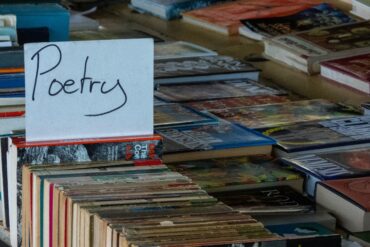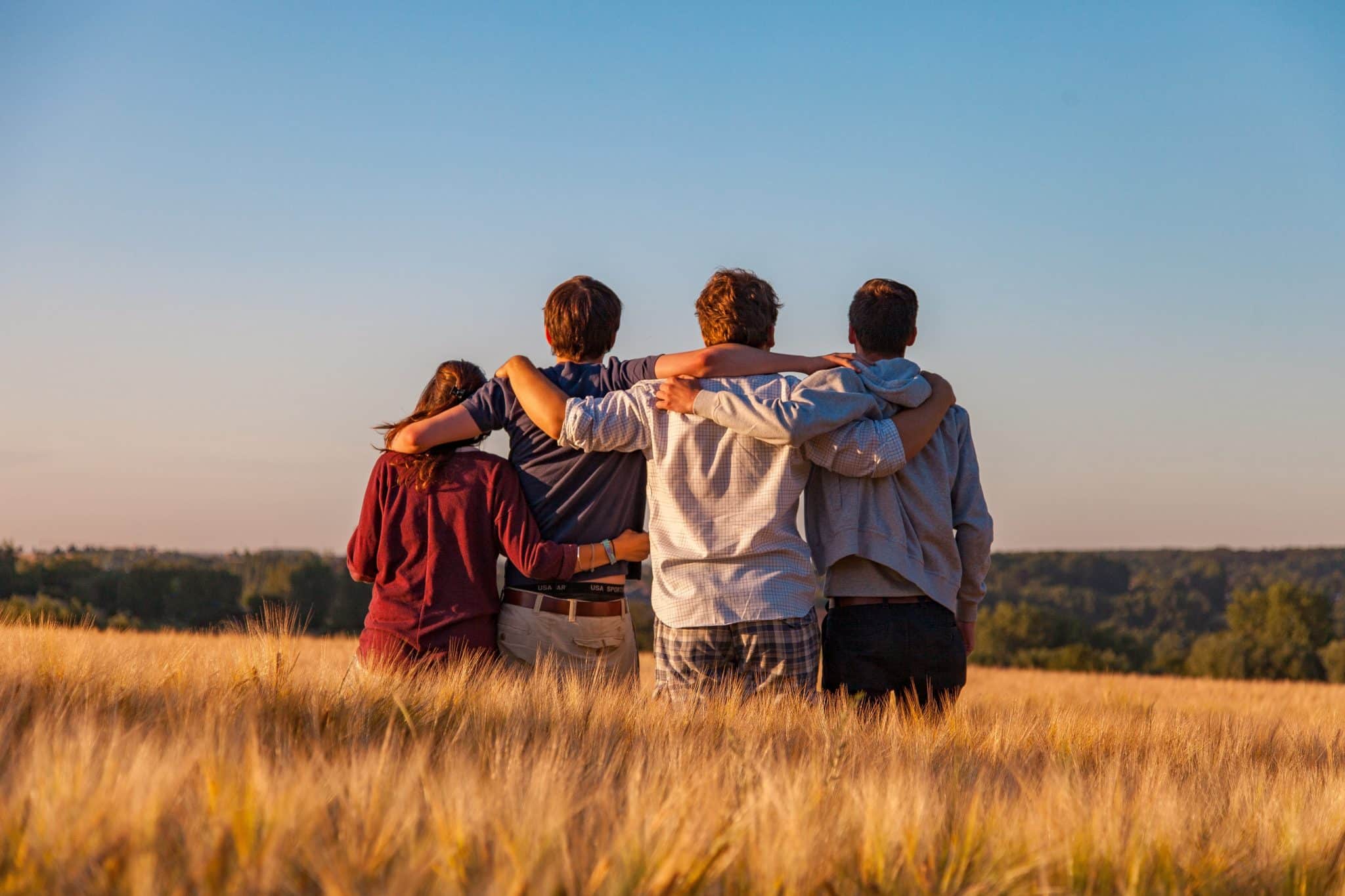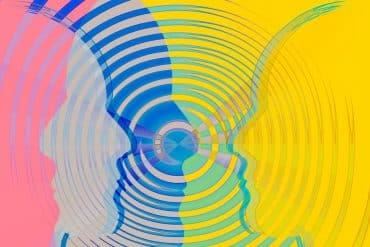The Ultimate Wave: Prose Poetry of the Pandemic and Parents
Author’s Memo
“The Wave” examines the problem of pleasure and joy experienced in a moment of collective trauma and cultural upheaval. It is part of a sequence of spoken word pieces that ground themselves in personal experience. I do this in order to explore the challenges of life during the pandemic. This prose poetry asks questions about the degree to which pleasure is dependent upon privilege. It also contrast the experience of individual and collective joy which arises from a much more complicated emotional place. Such joy is often in dialogue with trauma and grief.
Music here is used a means of conveying emotional dissonance. It also conveys the experience of simultaneity of experience by using techniques of superimposition and juxtaposition. I create moments when the emotional realities of the poem “harmonize” with the driving narrative and times when they are in conflict. In this sense, I’m reaching for something novelesque and dialogic. I employ competing and complimentary narratives, tones, voices, etc., to get at the way the speaker is experiencing each moment embedded in other moments, his story among others, his voice among others. This is an individual navigating the crowd, the wave that he is a part of and distinct from—that carries him along, drags him under, and lifts him up all at once.
For this piece I have composed and read the prose poem and composed, played, and sung all the music heard on the track.

The Wave
Once more the heat on the back of my neck, early June, and I am moving to and through my own unwhistled tune across the parking lot to my car, a bop in my step despite my hip, a bottle of wine in one paper bag, a block of cheese in the other and for a moment I’m letting myself feel good in spite of everything—and everything is a lot these days: a new war in Europe, the virus, Arbery, the opioid crisis, my father’s cancer, his dementia, Roe V. Wade, in no particular order—so much you half expect the Ohio to run red and skies to fill with locusts. Every new story competing like a sign, a signal, a siren among sirens. It almost makes you want to remove the batteries from your fire alarms. And in this small Appalachian city there is always a siren, always something to alarm. So much that it feels bad to feel good—even for a second. But today, right now I am generous, loose with summer and even the scent of exhaust is sweet and if I could, I would
*
uncork the bottle right here in the street and pass it to anyone who asks, I’d put Curtis on my car stereo, turn up the bass, and let it play until my battery died and night came on and I had to wobble home drunk. I’d grab the hand of the old woman in the bright sunflower shift and dance her away from her walker, let her lean against my body as we rock, my nose pressed to top of her head. But there’s never a corkscrew around when you need it
*
is there? So I smile at a child, she smiles back, and we both ignore her father’s stare, his whatyoulookinat. Until I realize I’m still wearing a mask and tear it off, like a boy pulling off his shirt to dive into a public pool. And maybe this is why the strung-out woman in the hello-kitty hoody walks up when she does, arms wrapped ‘round herself. And I can tell she’s been using, maybe pills, maybe horse. She’s got that jittery shaky thing going and she’s too thin and her hair is lank with sweat. And I know she doesn’t need money for gas, or for a bus ticket or for the little girl she says is waiting in a minivan she vaguely points toward. But I honestly wish I had some cash—because there’s something intimate about being on the wrong end of a hustle when you and the grifter know and everyone around you knows exactly what this is about. If not, every booth at the state-fair would be empty, and no one would bother to vote, think
*
about it. I even consider handing her my good bottle of wine, cutting out the middleman. I can buy another and why shouldn’t she get to feel good for a minute, but I know it would be only a minute, and would be the most irresponsible thing I could do so I wave her away, telling her the truth, I have no cash to give and she looks at me as if to say, We both know you’re lying which is ironic in so many ways. But I put the groceries in the back and fire up the engine, the seats hot and sticky and I think of my son, 21 at school in Boston and wish I were in Boston and 21 again, bar-hopping down Boylston street in the early evening with my friends, breathing the salt of the ocean in along with the stink of garbage cans and hoagies sold from food carts on the sidewalk. And I think of the last time
*
I was there with my father. It was August 2021, in that brief stay of execution when the numbers were going down and people were getting vaccinated and we were all feeling a little hopeful and maybe reckless and so I got us tickets to a Red Sox game. I gave him his shot Lovenox in the Prudential parking garage (he was having his blood clots then) and we limped our way down to Fenway the two of us, talking about how good it felt to walk in the middle of a crowd again, to move with the wave and not have to think about where we were going, just letting it carry us with it toward the banks of lights and the Citgo sign. And people happy and smiling at each other—groups of girls in summer shorts dancing in the middle of the street, recording it all on their phones. And how he spent the whole night complaining about
*
the seats I got behind the net on the first base side, and the starting pitcher who let up three home runs in the first two innings, and the guy two rows in front who wouldn’t “just sit the hell down fah chrise-sake,” and we drank watery beer in paper cups, and he kept calling me Herbie for some reason. Herbino, he said slapping me on the shoulder and I let it go because whoever whenever that was, I could tell that they were in a good place. And we cheered and we laughed. We even got up for the wave each time it came around. Because I think we both knew that all waves dissipate. And this was only a moment but a hell of good one. And the Sox came back and won, and it was great.
Credits
Image by Gregory Sabin from Pixabay
Learn More
New to autoethnography? Firstly, visit What Is Autoethnography? How Can I Learn More? to learn about autoethnographic writing and expressive arts. Interested in contributing? Then view our editorial board’s What Do Editors Look for? Accordingly, check out our Submissions page. Subsequently, view Our Team in order to learn about our editorial board. Additionally, please see our Work with Us page to learn about volunteering at The AutoEthnographer. If a student or teacher, then visit Scholarships to learn about our annual student scholarship competition.
Joel Peckham has published seven books of poetry and nonfiction, including Bone Music (SFA), Body Memory (New Rivers), and Resisting Elegy (Chicago Review). Individual poems and essays have appeared recently or are forthcoming in Prairie Schooner, The Southern Review, The Sugar House Review, Cave Wall, The Beloit Poetry Journal, The Sun, and many others. With Robert Vivian, he is also co-editor of Wild Gods: The Ecstatic in American Poetry and Prose, recently released by New Rivers Press. In the fall of 2022 EAT POEMS will release his first Spoken Word LP, STILL RUNNING: WORDS AND MUSIC BY JOEL PECKHAM.










